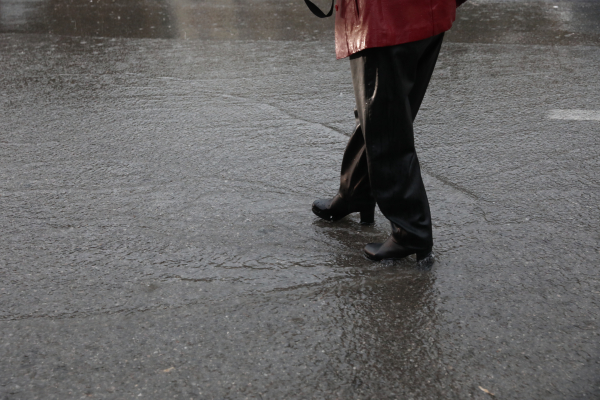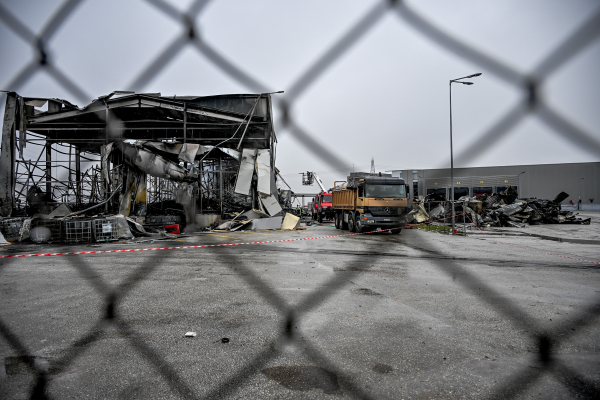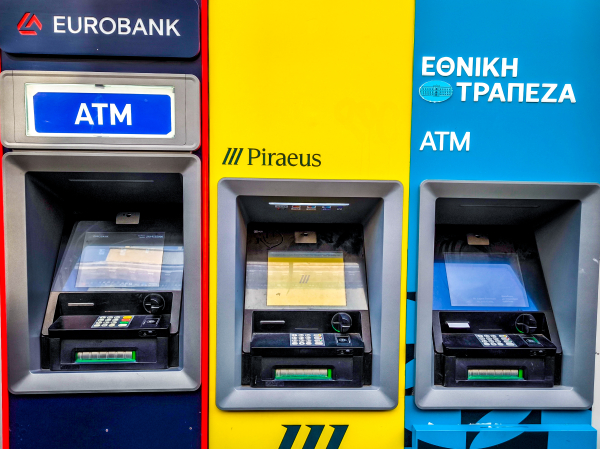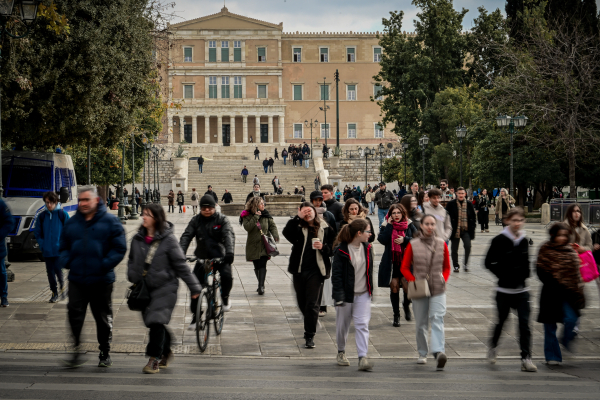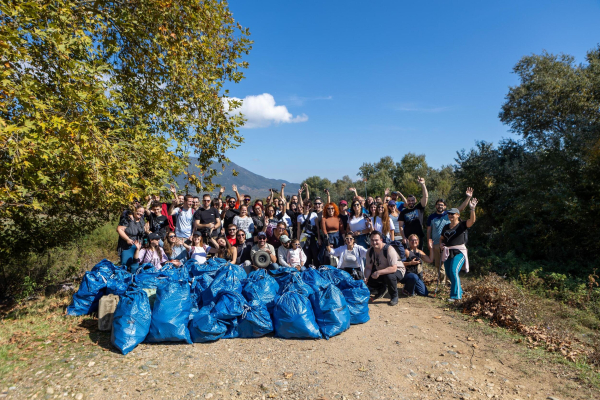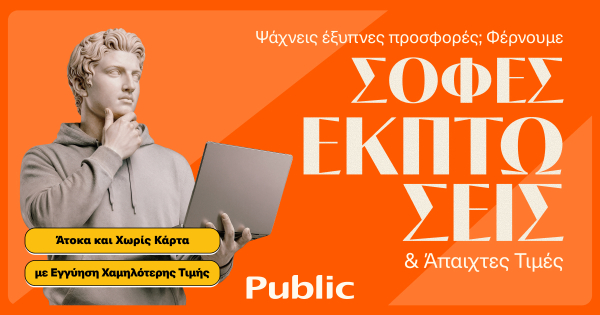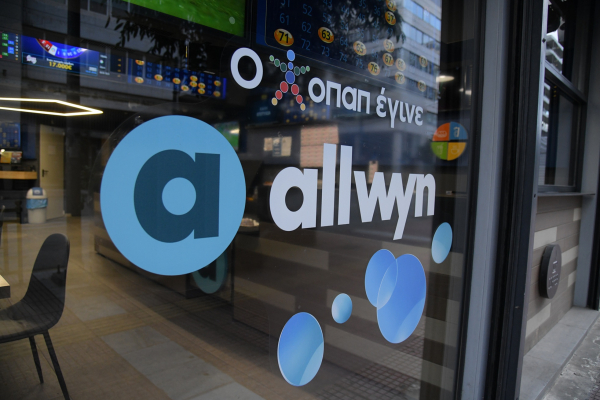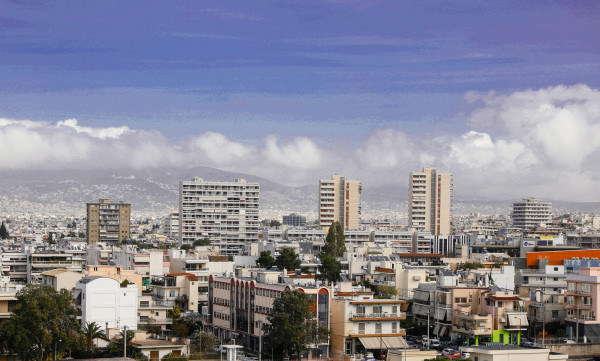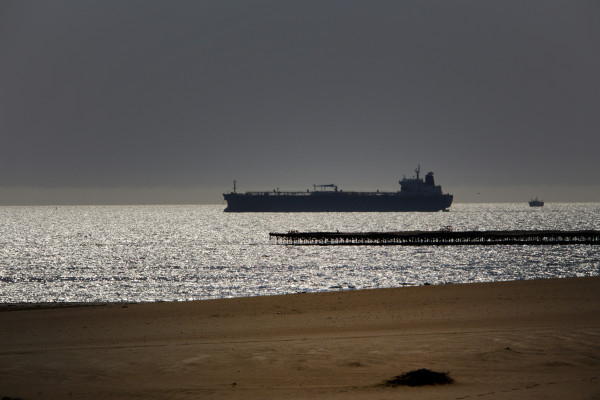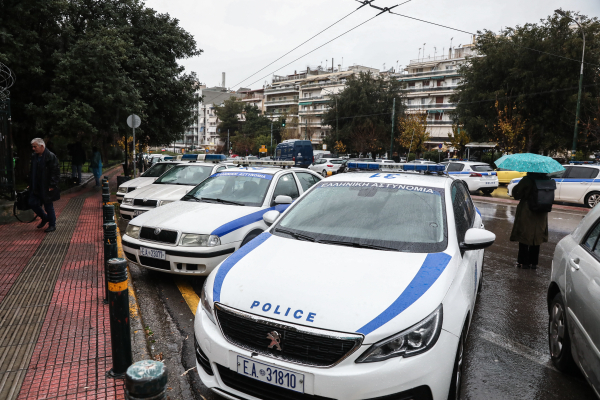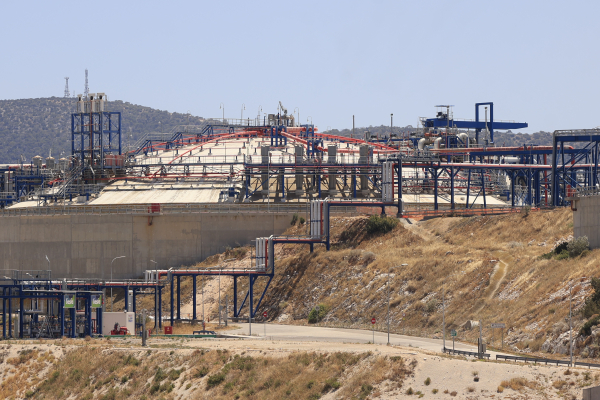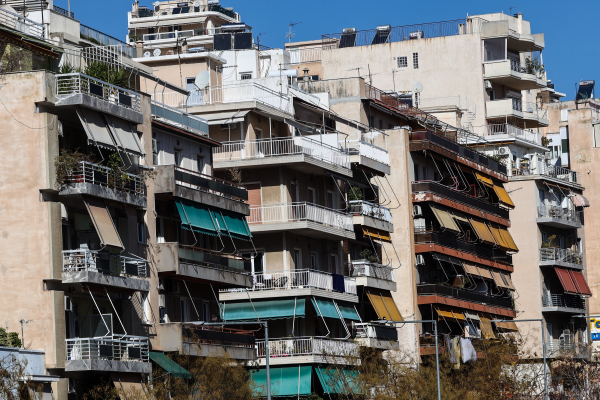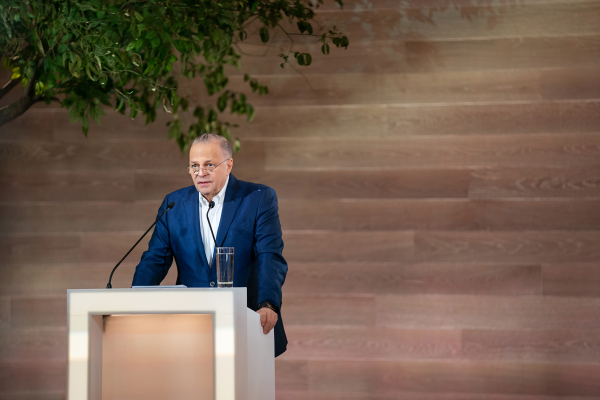The results paint a picture of a shifting electorate, with growing skepticism toward the government, deepening party competition, and increasing calls for political renewal. As the country grapples with key governance challenges, the findings reveal how Greek citizens perceive both the ruling party and the opposition, while also hinting at the potential emergence of new political movements.
One of the most striking revelations from the survey concerns political stability in Greece, particularly in the aftermath of the deadly Tempi train disaster. When asked who they believe poses the greatest threat to the country's stability, 63% of respondents pointed to the government, while 30% blamed the opposition. This contradicts the government’s own narrative, which has sought to deflect responsibility.
A key question in Greek politics today is whether the ruling New Democracy (ND) party can secure an outright majority in the next parliamentary elections. The survey results suggest that such an outcome is unlikely. Only 14% of those polled believe that ND has a strong chance of achieving an absolute majority, while 20% see it as somewhat likely. In contrast, a clear majority of 63% believe that a single-party ND government is improbable.
The survey also explored public sentiment about what should happen in the event that no party secures an absolute majority. A plurality of 30% believes that Greece should hold new elections until a clear winner emerges. A similar share, 29%, supports the idea of a coalition government formed by center-left and left-wing parties. Other coalition scenarios, such as an alliance between New Democracy and the center-left PASOK party or a right-wing coalition, received significantly less public backing.
Amid growing dissatisfaction with the current administration, the poll investigated whether New Democracy would perform better under different leadership. The results suggest that a leadership change could be beneficial for the party, with 46% of respondents believing ND would have better electoral prospects with someone other than Kyriakos Mitsotakis at the helm. Meanwhile, 36% believe the party is best served under its current leader. Among committed ND voters, however, support for Mitsotakis remains high, with 84% saying he is the best choice to lead the party.
The survey also examined the ongoing debate about whether Greece needs a new left-wing political party. An overwhelming 67% of respondents believe that such a party should be created, either through an open electoral process or by uniting existing leftist forces. A smaller but notable segment believes that no new political entity is necessary. However, the survey also identified significant weaknesses in the Greek left-wing space. A lack of vision and an alternative governance program was cited as the biggest problem by 37% of respondents, followed by 29% who pointed to a lack of strong leadership figures.
One of the most talked-about political developments in Greece is the rise of Plefsi Eleftherias (Course to Freedom), the party led by former parliamentary speaker Zoe Konstantopoulou. The survey sought to gauge public perception of her party’s future. A majority of 57% views it as a temporary phenomenon that will fade with time. However, 22% believe it will remain a relevant force in Greek politics, albeit without the potential to govern, while 18% think the party will endure and could even develop into a serious political contender.


